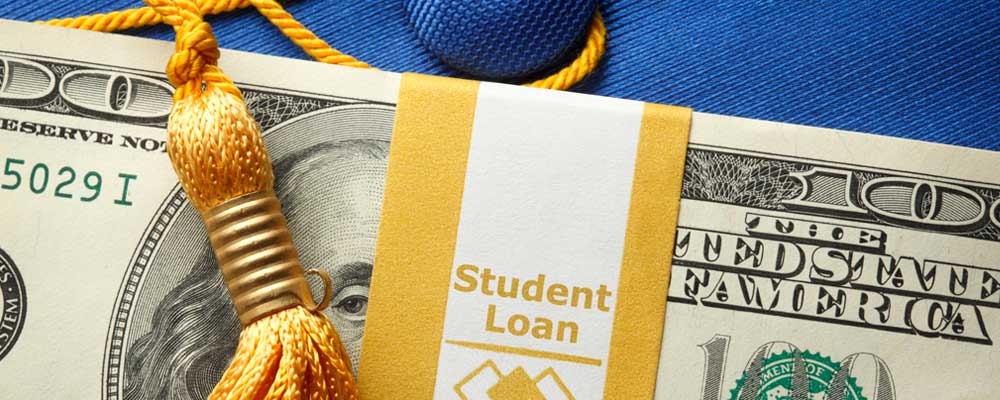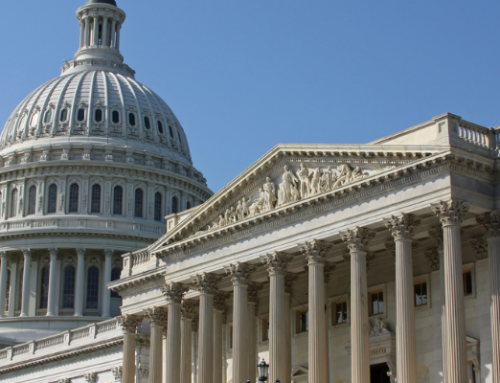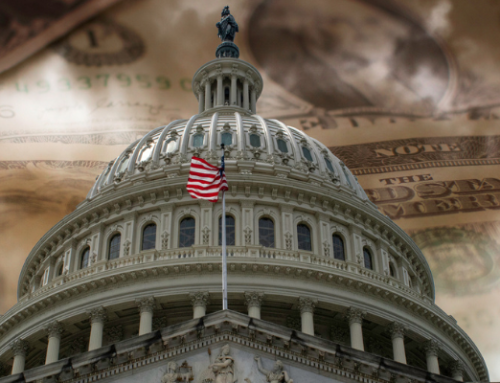The federal government has provided new tax savings opportunities for student loans in the CARES Act and the SECURE Act, both of which can help reduce the overall cost of paying down student loans.
Student Loans through Payroll
The CARES Act amended the Internal Revenue Code to allow businesses to pay employees up to $5,250 for their student loan payments. This compensation is tax-free for the employee and tax-deductible for the employer.
In order to qualify, the employer needs to adopt a written plan that describes the benefit and communicate the terms of the plan to eligible employees. The plan cannot favor highly compensated employees.
As an example of how beneficial this could be, assume a taxpayer is the sole employee of an S Corporation. During the year, he pays $10,000 in student loans. That taxpayer can now run $5,250 through payroll as part of their wages. If they have an effective tax rate of 25%, that would equate into $1,313 of tax savings!
This is set to expire at the end of 2020 but there is talk of making this provision permanent.
Using 529 Plans to Pay Student Loans
The SECURE Act also added an opportunity for tax-advantaged student loan payments. The act allows taxpayers to pay up to $10,000 of student loan payments from a 529 plan; the $10,000 is an aggregate lifetime benefit per beneficiary. This can provide both federal and state tax breaks.
Taxpayers may take distributions of up to $10,000 of from 529 plans tax-free (no tax on appreciated amounts) to pay down student loans, providing a federal tax advantage.
Additionally, taxpayers may receive state tax benefits for contributions to 529 plans. In Virginia, a $10,000 contribution would result in a $575 tax benefit.
Defer of Federal Student Loans
The CARES Act also deferred payments on federal student loans. During the deferment period, interest will not accrue. Each month the loan is deferred will count for any federal student loan forgiveness program.
Low-Interest Rates
In addition to these benefits, families who are able may want to consider family loans. Given our current low-interest-rate environment, a family member would be able to pay off a student loan and replace it with personal debt at a much lower interest rate. As discussed in Wealth Transfers in a Low-Interest Rate Environment low-interest rates provide many opportunities. As of June 2020, family loans can be made at rates as low as 0.18% short-term loans (under 3 years), 0.43% for mid-term loans (3 – 9 years), and 1.01% for long term loans (over 9 years).
Questions on student loan planning? Contact your PBMares Tax Advisor.





